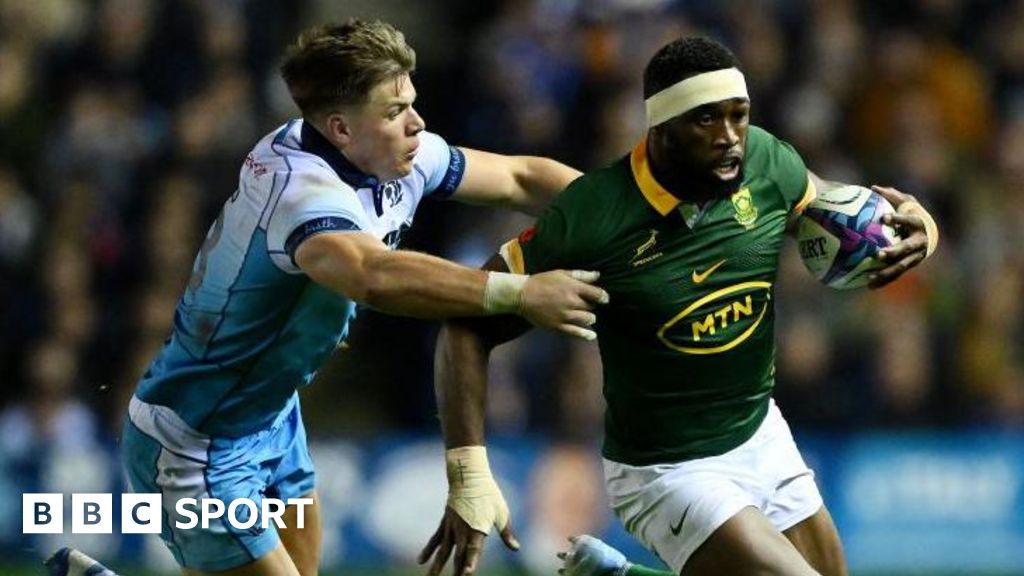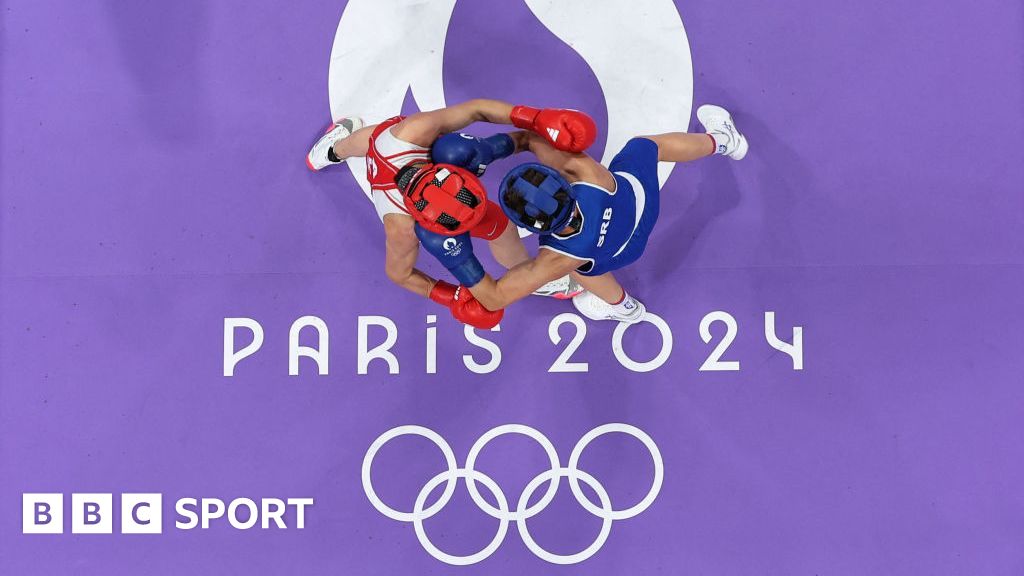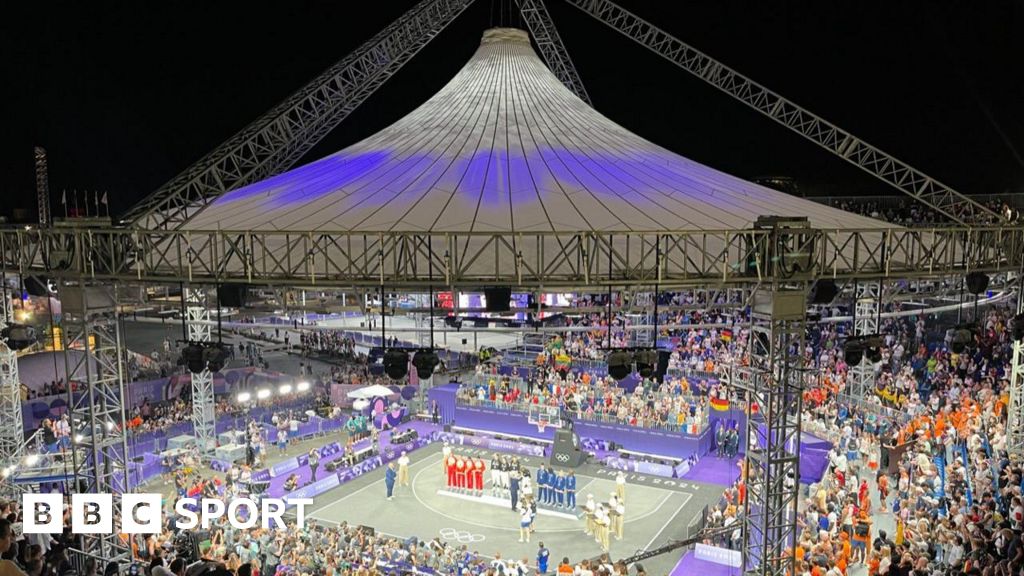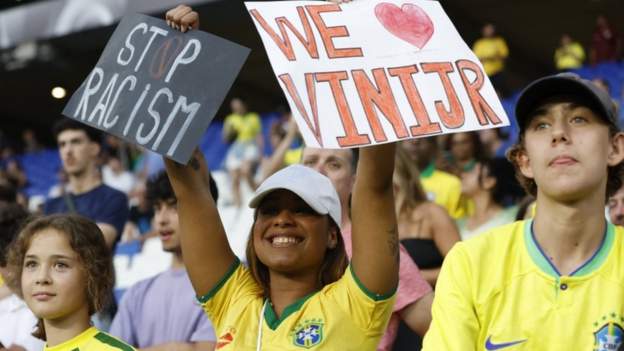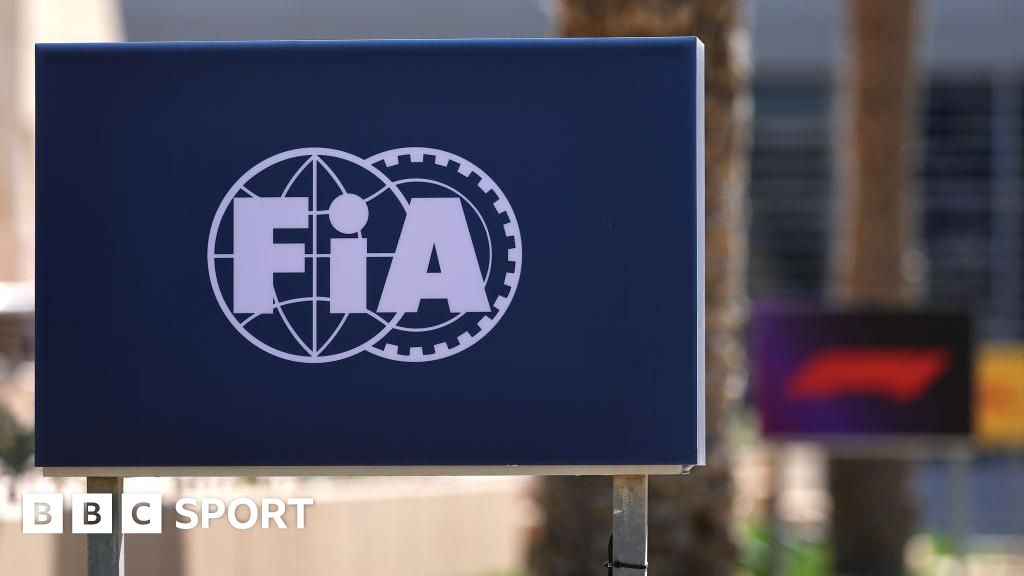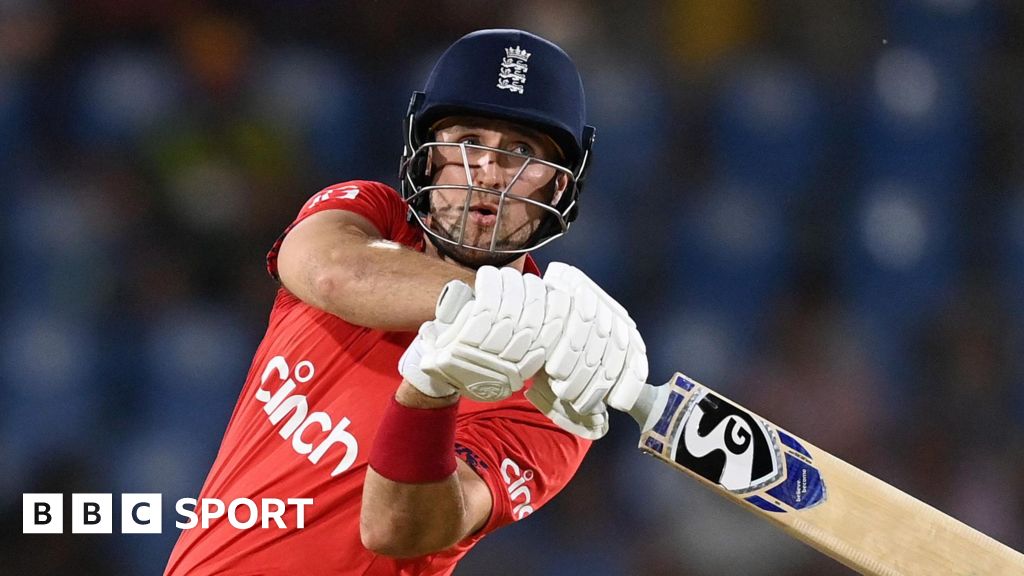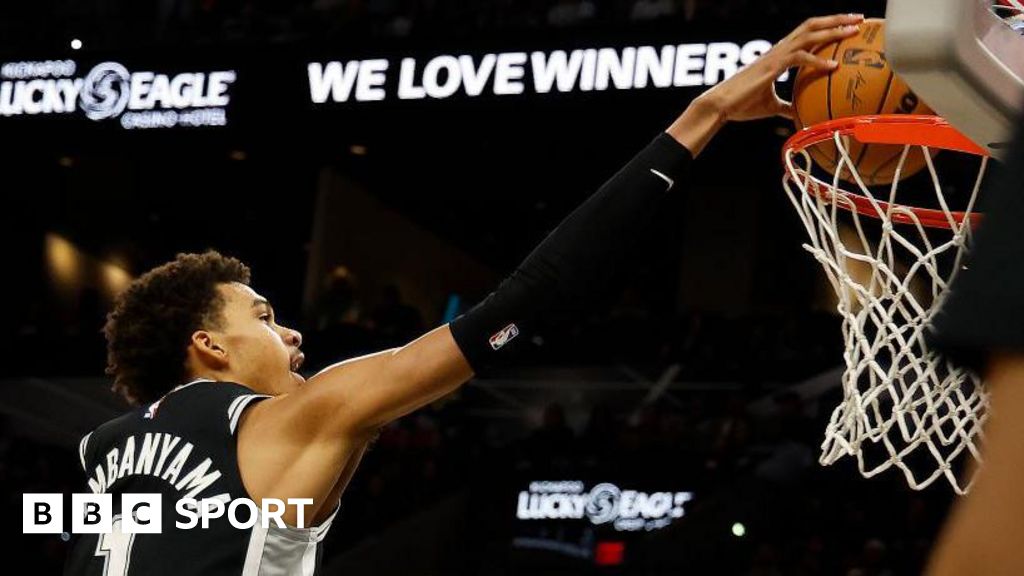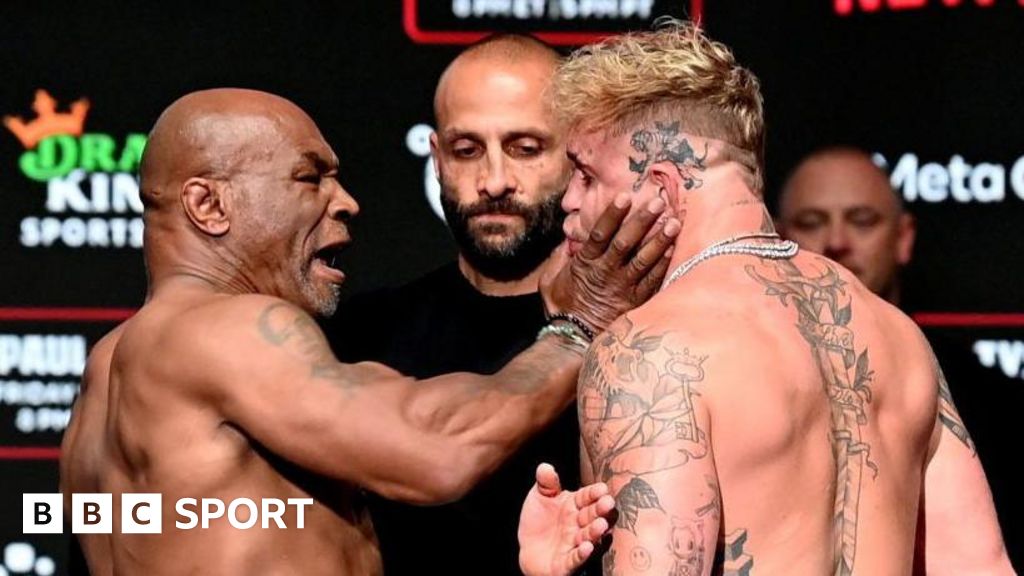The BBC has, as yet, been unable to determine what the eligibility tests consisted of. It is not known how tests were overseen.
In an interview with BBC sports editor Dan Roan last Thursday, IBA chief executive Chris Roberts said male XY chromosomes were found in “both cases”.
Roberts said there were “different strands involved in that” and therefore the body could not commit to referring to the fighters as “biologically male”.
He said the unspecified eligibility tests had been conducted as a result of “ongoing concerns” raised by other fighters, coaches and the IBA’s medical committee.
At Monday’s media event Roberts said Khelif and Lin were first tested at the 2022 World Championships in Istanbul, Turkey but no action was taken as the results were “inconclusive”.
Of the fighters’ 2023 disqualifications, he said: “The results of the chromosome tests demonstrated both boxers were ineligible.”
But while Roberts said the pair had “chromosome tests”, Kremlev appeared to suggest the tests were to determine the fighters’ testosterone levels.
Testosterone is a hormone that can increase muscle mass and strength. Chromosomes carry genetic information including a person’s sex.
“We got the test results that they allowed us to make and these test results show they have high levels of testosterone, like men, said Kremlev.
He added that if boxers “want to prove they were born women, they have to do it by themselves”.
The IBA said the tests were sent to two different laboratories that are accredited by the World Anti-Doping Agency (Wada).
However, Wada has told BBC Sport it does not oversee gender tests and its work only relates to anti-doping matters.
The IOC has previously raised doubts over the accuracy of the tests.
“We don’t know what the protocol was, we don’t know whether the test was accurate, we don’t know whether we should believe the test,” said IOC spokesperson Mark Adams.
“There’s a difference between a test taking place and whether we accept the accuracy or even the protocol of the test.”








